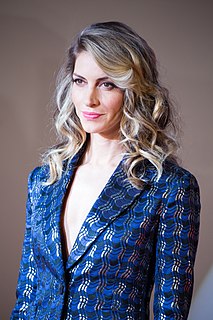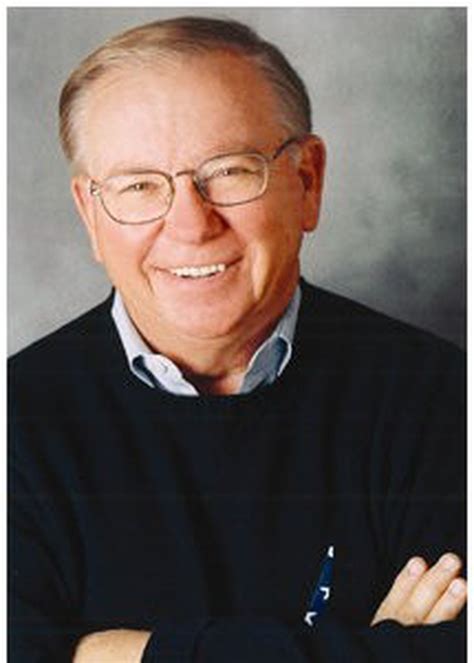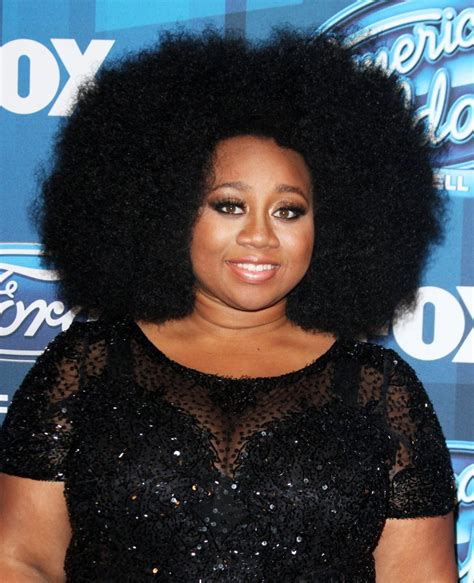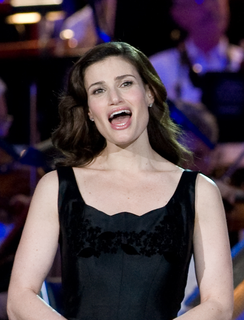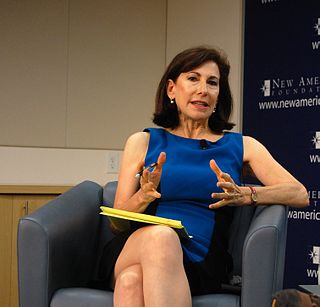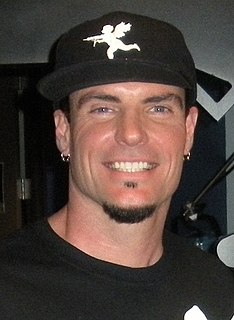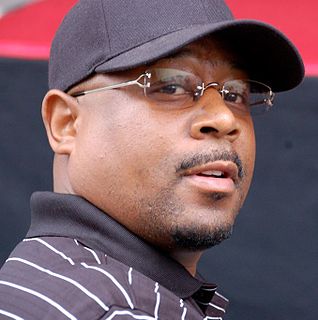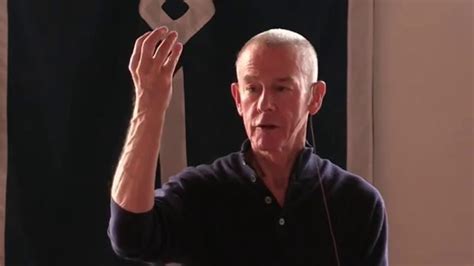A Quote by Bruce Feiler
One of the things I've learned is to be much more open about my frailties and about our failures, because when you show your kids how you can resolve conflict in your life in real time, you're giving them confidence that when they have conflicts, they can push through them.
Related Quotes
Be ruthless in one important area: Yourself. Be ruthless about your commitment to Christ. Be ruthless about your intellectual growth. Be ruthless about finishing well. One of the biggest areas we should be ruthless about is our time. How much time do you spend complaining about your problems to people who can't help you solve them? How much time do you talk when you should be doing? When it comes to others, be gracious. But when it comes to you and your time, be ruthless.
I learned that sometimes our struggles are a little bit bigger than us and talking about them and coming through and having the courage to get out of them. I learned how many I touched and inspired through the journey of 'Idol' because I was just singing on the show. I wasn't really being an advocate for anything.
The impact of giving someone a connected smartphone is no different from giving them a real computer. I look at how my kids learn and how different it is from how I learned because the impact of these things is just so huge. Sometimes I think we don't fully internalize what it is to get the power of knowledge in everyone's hand.
Performing isn't only about the acrobatics and the high notes: It's staying in the moment, connecting with the audience in an authentic way, and making yourself real to them through the music. I am more than the notes I hit, and that's how I try to approach my life. You can't get it all right all the time, but you can try your best. If you've done that, all that's left is to accept your shortcomings and have the courage to try to overcome them.
I think it's helpful for kids to know that their parents weren't perfect, that they messed up and learned from their mistakes. So be open about some of your own struggles or express gratitude that your kids are taking advantage of the opportunities they have instead of squandering many of them, the way you did.
I guess for me, balance isn't about treating your time like a pie chart and dividing it into equally sized slices for you, the kids, work, and so on. It's about the quality of how you spend your time, not the quantity--are you being present and focused on whatever you're doing while you're doing it? I truly believe that's how you can be the best version of yourself, whether you're in work mode, mom mode, or wife mode. When I know I'm giving my undivided attention in each of these areas, I don't feel so guilty about the time spent away from them.
The novel is a big space, and a lot can happen. Just think about the parts of your life. How do we account for our own contradictions? The only way to understand them is to let them exist, as truths that indicate something about character. People are built of elements that don't fit together - and the conflict of that is their essential drive.
The most valuable lesson I've ever learned in my life is that life is about family and friends, not about material things or any of that. It's about enjoying your life. If you have no family, no friends to enjoy it with, it don't matter how much you have, how much success you have, how much fame you have, how much money you have, it doesn't matter.
I've actually found - especially doing my cabaret show - I'm connecting with people in a way I haven't connected with them. I've found that when you're open and honest, people respond to that, whatever you're being open and honest about. You could then, when you lay that as the groundwork, say, "Here I am. This is what I think. I come in peace." Then you're able to push out, to be able to talk about more things. And that's been a really heartening thing about my life, actually.
Dharma is not about credentials. It's not about how many practices you've done, or how peaceful you can make your mind. It's not about being in a community where you feel safe or enjoying the cachet of being a 'Buddhist.' It's not even about accumulating teachings, empowerments, or 'spiritual accomplishments.' It's about how naked you're willing to be with your own life, and how much you're willing to let go of your masks and your armor and live as a completely exposed, undefended, and open human person.

